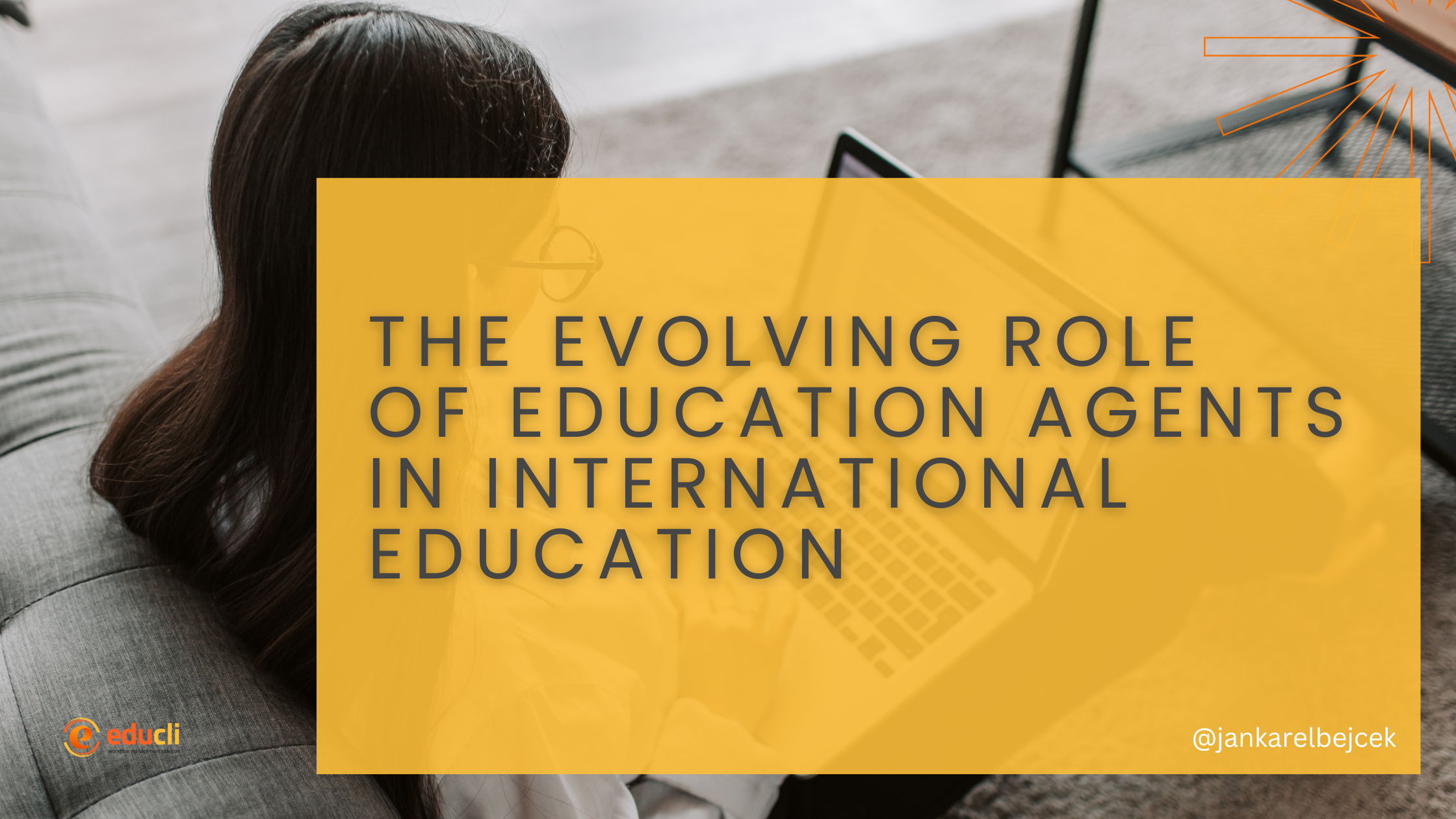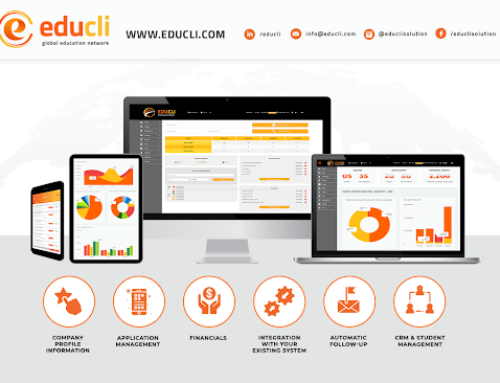The changing role of an education agent
I have been a part of the international education industry since 2002, and have witnessed significant changes in the landscape of international education, particularly in the role of education agents.
Historically, education agents were valued for complementing information with wisdom, empathy, and encouragement throughout the student’s journey. Studying abroad is a substantial investment in every sense, and agents were seen as in-country advisors, providing localised information and application support to prospective students.
However, there is now a shift towards offering digital support. While some students may still prefer in-person assistance, digital services can provide quicker responses, without the need for a physical office.
The traditional role of agents as the primary source of knowledge for students is being challenged by technology and AI. These advanced tools can help students identify their best-fit universities using vast, real-time data. Additionally, software is becoming more popular for initial searches and understanding application processes and visa requirements, including significant advancements in the application process.
Automation, self-service options, and streamlined processes mean less manual work for agents in preparing and submitting applications. This begs the question: how to best leverage education agents in the future?
- Focus on Personalised Guidance and Support:
- While automation can handle routine tasks, personalised guidance remains invaluable. Agents can provide tailored advice, empathy, and encouragement, which are essential for students making significant life decisions.
- Agents should focus on understanding individual student needs, aspirations, and challenges to offer customised support, based on their experience, throughout the application process.
- Enhance Digital Competence:
- Education agents need to be well-versed in using digital tools and platforms. This includes understanding how to utilise AI-driven solutions for university matching, application tracking, and communication.
- Providing training and resources to agents will help them stay updated with the latest technological advancements and effectively assist students in a digital-first world.
- Build Strong Relationships with Institutions:
- Agents can act as vital bridges between students and educational institutions. By fostering strong relationships with universities, agents can ensure they have accurate and up-to-date information about programs, admissions criteria, and campus life.
- Collaboration with institutions can also help in developing streamlined processes that benefit both students and agents.
- Maintain Ethical Standards:
- Transparency and integrity are paramount. Agents must adhere to ethical standards, providing honest and accurate information to students.
- Institutions should establish clear guidelines and conduct regular evaluations to ensure agents are meeting these standards.
- Offer Value-Added Services:
- To remain competitive, agents should offer services beyond application assistance. This can include pre-departure briefings, visa counseling, accommodation support, and cultural orientation.
- Providing a comprehensive suite of services enhances the overall student experience and ensures that agents remain relevant.
- Leverage Data and Analytics:
- Utilising data analytics can help agents identify trends, predict outcomes, and make informed recommendations. This data-driven approach can enhance the efficiency and effectiveness of the counseling process.
- Agents should be equipped with tools to gather and analyse data, allowing them to offer evidence-based guidance to students.
As automation and self-service options handle more routine tasks, the human aspects of guidance, empathy, and ethical counseling become even more critical. By embracing these changes, education agents can ensure they remain indispensable partners in the journey of international students.





Leave A Comment